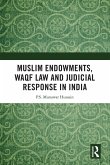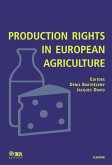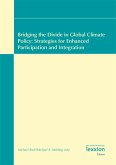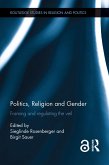This book provides a comprehensive review of present knowledge of the agriculture of dry lands, with special emphasis on measures for conserving their natural resources. Management practices are described which aim at optimizing productivity of rainfed and irrigated agriculture without adverse effects on sustainability. Land use in the dry regions, and its evolution throughout history is described and analysed, and the lessons to be learnt from destructive technologies are stressed. In particular, current proposals for an alternative agriculture are discussed and their justification is questioned. This is a generalist work, which specialists can also find interesting, not only in their own discipline but as a concise way of acquainting themselves with the state-of-the-art in associated fields. Increasing specialisation with each discipline using its own vocabulary leads inevitably to communication problems, and the need for multi-disciplinary teams makes inter-discipline communication indispensible.
Dieser Download kann aus rechtlichen Gründen nur mit Rechnungsadresse in A, B, BG, CY, CZ, D, DK, EW, E, FIN, F, GR, HR, H, IRL, I, LT, L, LR, M, NL, PL, P, R, S, SLO, SK ausgeliefert werden.









